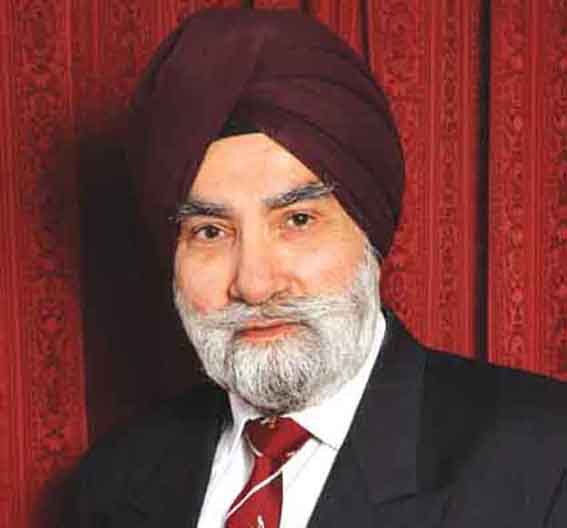Panjab Leads by Rejecting Dynastic (Family) Rule

It is possible that the year long protest by Panjab farmers has revolutionised Panjab politics forever. The main Parties, Akalis, the Congress, and the BJP, have been rejected and Aam Aadmi Party has its first state level victory (92 seats out of 117) outside Delhi. The next Chief Minister, Bhagwant Singh Mann, is described as actor, comedian and satirist. Quite aptly, a Times of India journalist writes that Mann had it easy cracking jokes about the failures and fumbles of others. Ahead of him now is the onerous task of running a state that is broke and broken. Does he have the ideas and the drive to change Punjab? Can the Aaam Aadmi Party - ordinary men and women &ndash who will law-makers in the Punjab Assembly, tackle the complex challenges including the farm crisis faced by Punjab? These questions will be answered in the days to come.
Pre-election polls were wrong. Party chiefs handing out tickets to own families were, quite deservedly, left in tears by the results! The Badals stand out in the long list of election defeats. The Akali Party, which is no longer identified with the Panth but more with the Badal family, won only 3 seats. Jathedar Akal Takht Sahib, Giani Harpreet Singh, is concerned that the results are not good for Sikhs and the nation and that Akali unity is in the larger interest of Sikhs. We come to that concern later.
First the rejection of heavyweight families: ex-Chief Minister Parkash Singh Badal, his son and Akali Dal chief, Sukhbir Singh Badal, his brothers-in-law Bikram Majithia and Adesh Prapap Singh Kairon, and his cousin Manpreet Badal ex-Chief Minister Captain Amrinder Singh, Punjab Congress chief Navjot Singh Sidhu and his nephew Smit Singh Mann Chief Minister Charanjit Singh Channi and his brother Dr Manohar Singh ex-Chief Minister Rajinder Kaur Bhattal and her son-in-law Vikram Bajwa, Navjot Sidhu and his nephew Smit Singh Mann Simranjeet Singh Bains and his brother Balwinder Singh Bains.
How do the results affect the Sikh Qaumi political position and the sovereign status of Sri Akal Takht Sahib? In the words of Sirdar Kapur Singh: When the Sikhs do not have a sovereign state of their own, the Golden Temple, with is surrounding complex, continuously retains its theo-political status, which may be suppressed by political power, compromised by individuals or questioned by politicians, but which remains and never can be extinguished, for, it is sui generis []]unique] and inalienable []] not subject to being taken away from or given away by the possessor]. and imprescriptible []]not subject to being taken away by prescription or by lapse of time.].
The impression gained is that the Badals unduly influenced the Akali Party and the SGPC for self-centred reasons. They interfered with the appointments of the senior office holders of the central Sikh institutions. As a result, Punjab politics and central Panthic institutions have lost much credibility over the decades. According to one analyst, the Akali Party (Badal) could not shed its decade-long baggage, which included several controversies - sacrilege, synthetic drug smuggling, rising debts and unemployment. The family is directly responsible for the political influence of the derawaadis and gurudoms.
The question now is if, after the humiliating election defeat, the Badal family would have the Sikhi humility to back away from Sikh affairs and let Panthic processes and procedures take over.
Gurmukh Singh OBE
Principal Civil Servant Retd